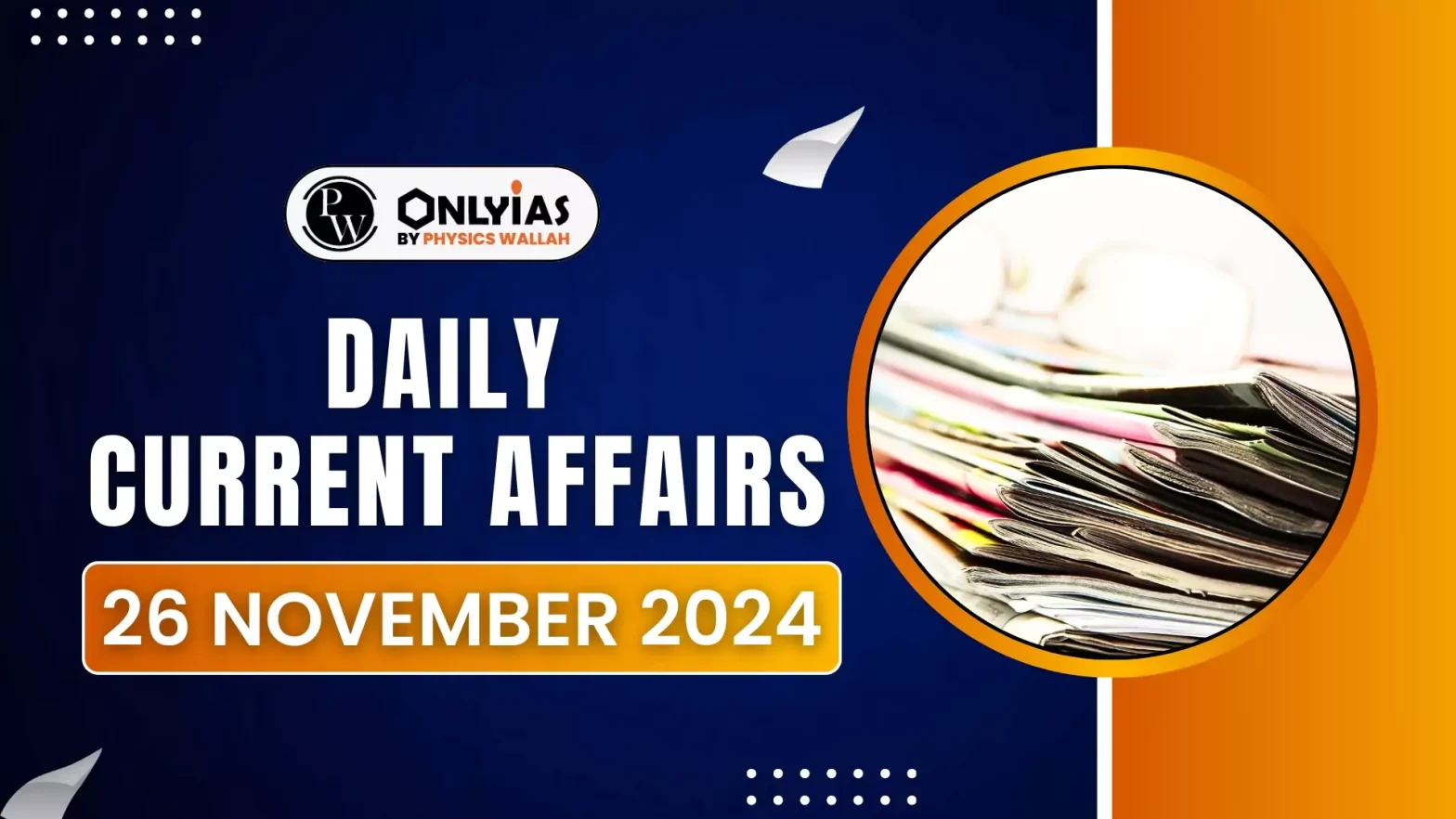Even as loan write-offs by scheduled commercial banks reduced by 18.2 per cent in the financial year 2023-24, over one-fifth of the banks saw an increase in the amount of the loans written-off in the year ended March.
Trends in Loan Write-Offs
- Banks with Rise in Write offs: Official data for the top ten banks in terms of the highest amount of loans written off in FY24 showed that six out of the top ten banks.
- Punjab National Bank, Canara Bank, HDFC Bank, Bank of India, Indian Bank and Axis Bank recorded an increase in the loan write-offs during the year.
- Overall Decline in Write-Offs: Loan write-offs by scheduled commercial banks (SCBs) declined by 18.2% in FY24, amounting to ₹1.70 lakh crore, compared to ₹2.08 lakh crore in FY23.
- Five-Year Write-Off Data: Total write-offs during FY20–FY24 amounted to ₹9.90 lakh crore, showing a general decline, barring a spike in FY23.
- Gross NPAs as of March 31, 2024: ₹4.81 lakh crore, a decrease from ₹5.72 lakh crore in March 2023.
- Top contributors in NPA are State Bank of India (₹84,276 crore) and Punjab National Bank (₹56,343 crore)
- Decline in Recovery Rates: Recovery in FY24 was at a three-year low of ₹1.23 lakh crore (-22.8% compared to FY23).
- While overall loan write-offs and NPAs declined in FY24, recovery rates fell significantly, raising concerns about efficiency in recovering bad loans.
Enroll now for UPSC Online Classes
About Loan Write-Off
- Loan write-off is the process of removing bad loans from the books of banks after making adequate provisions for them.
- Implication: Writing off a loan means it will no longer be counted as an asset on the bank’s balance sheet.
- Significance: By writing off loans, banks can reduce the level of non-performing assets (NPAs) on their books.
- Borrower Liability: Loan write-offs do not absolve borrowers of their repayment obligations, nor do they imply that banks stop pursuing recovery from them.
- Purpose: Loan write-offs are done to clean up the balance sheet of banks and reflect their true financial position.
- RBI Guidelines: Banks write off fully provisioned loans after four years.
About Non-Performing Assets (NPA)
- Non-performing assets (NPAs) refer to loans or advances of a bank that are in default or arrears.
- Criteria for NPA Classification: A loan is in arrears when principal or interest payments are late or missed.
- It becomes an NPA when the interest and/or installment of the principal remains overdue for more than 90 days.
Classification of Non-Performing Assets
- Sub-Standard Assets: Assets classified as NPAs for a period less than or equal to 12 months.
- Doubtful Assets: Assets that have been non-performing for a period exceeding 12 months.
- Loss Assets: Assets deemed uncollectible, where there is little or no hope of recovery, and require full write-off.
Asset Reconstruction Companies (ARCs)
- ARCs are specialized financial institutions that purchase Non-Performing Assets (NPAs) from banks and financial institutions.
- Role in NPA Resolution: ARCs help banks clean up their balance sheets by acquiring bad loans and attempting to recover the funds through various strategies.
- Recovery Methods: ARCs employ strategies like restructuring loans, asset sales, legal actions, and debt recovery to maximize recovery.
- Regulation: ARCs are regulated by the Reserve Bank of India (RBI) under the Securitisation and Reconstruction of Financial Assets and Enforcement of Security Interest
Act, 2002 (SARFAESI Act).
Check Out UPSC NCERT Textbooks From PW Store
Evergreening of loans
- Evergreening of loans is a practice where banks extend new loans or additional credit to borrowers who are struggling to repay their existing debt. This is done to prevent loans from being classified as Non-Performing Assets (NPAs) or bad loans.
- While it might temporarily mask the issue, it can lead to serious problems like:
- Hiding the true financial health of banks: It can create a false impression of the bank’s financial health.
- Deteriorating asset quality: It can increase the risk of defaults and further damage the bank’s balance sheet.
- Distorting financial indicators: It can lead to inaccurate financial reporting and decision-making.
- The Reserve Bank of India (RBI) has taken steps to curb this practice and promote better lending practices.
![]() 26 Nov 2024
26 Nov 2024
